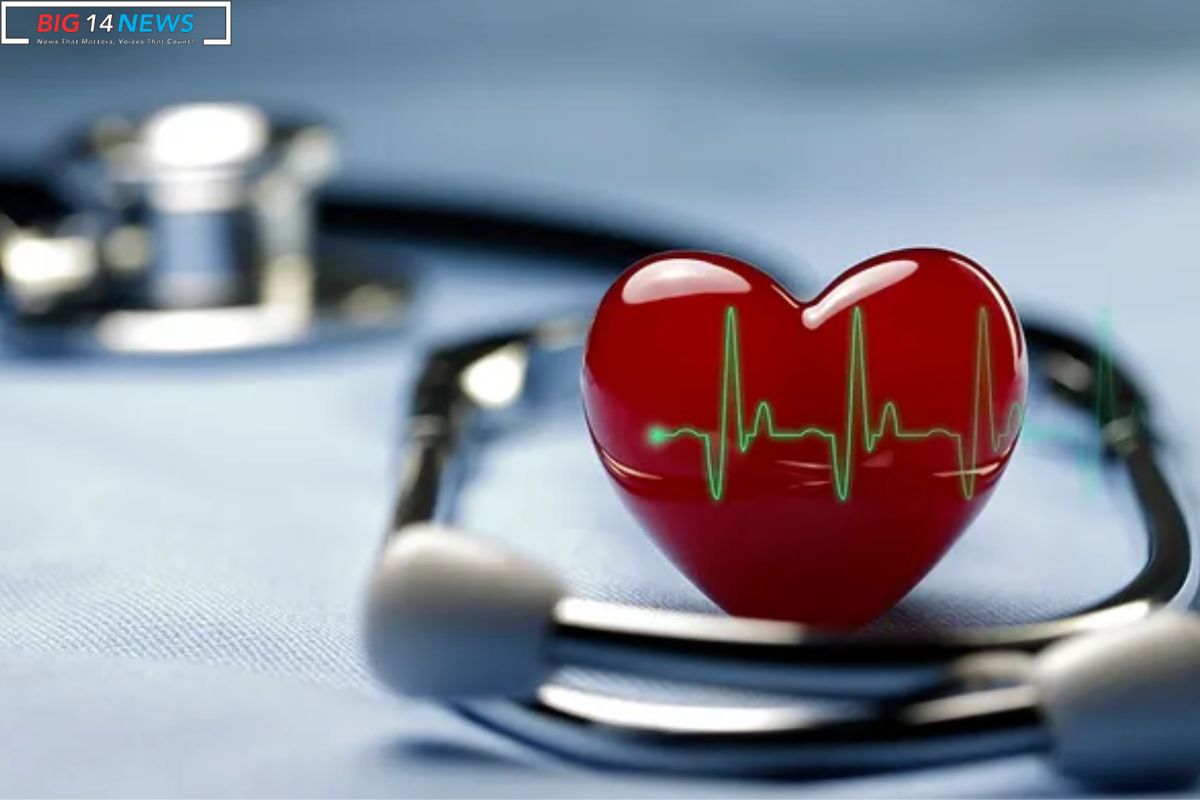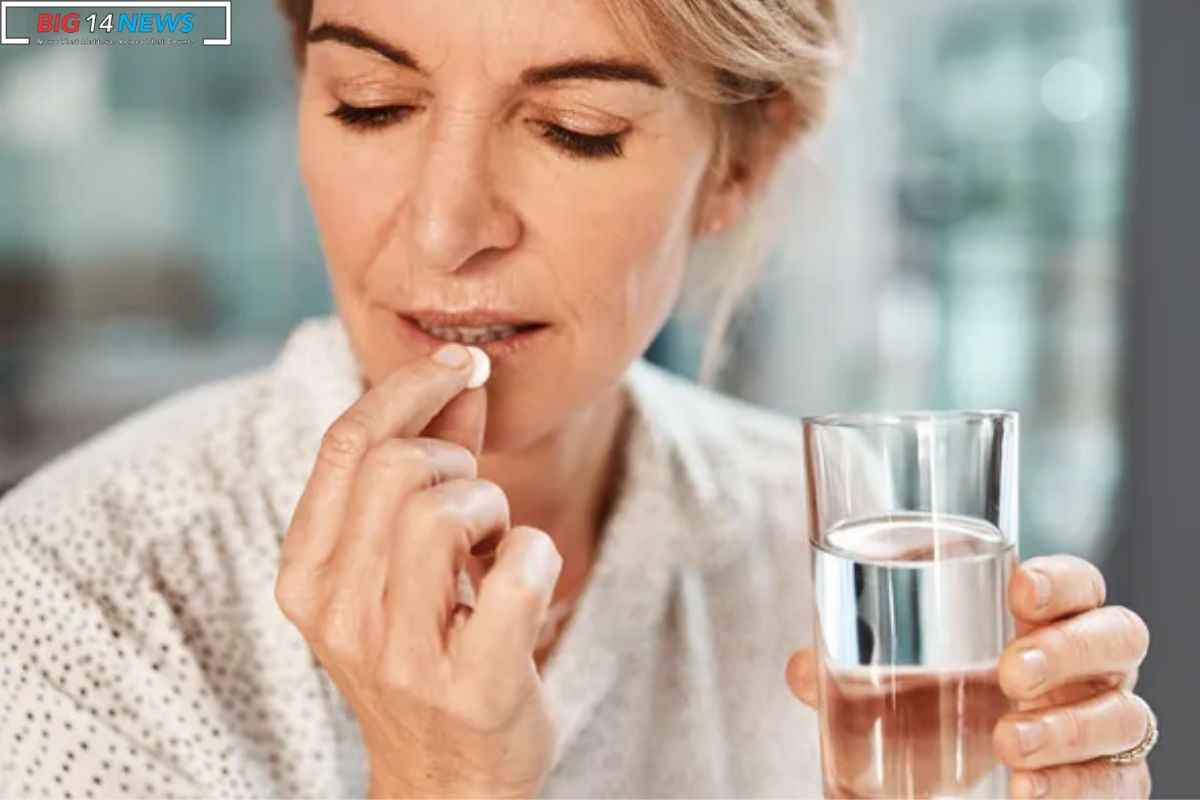Aspirin After Heart Attack Reduces: A study at the ESC Congress 2023 found that daily aspirin after a heart attack greatly reduces the risk of a second heart attack or stroke. The study analyzed data from over 40,000 people aged 40+ who had their first heart attack from 2004 to 2017.
Patients not continuing aspirin after initial heart attack had a 29% higher risk of subsequent heart attack, stroke, or death within two years. After four years, the risk increased to 40%. Dr. Anna Meta Kristensen of Denmark’s Bispebjerg and Frederiksberg Hospital confirms that aspirin should be taken for an extended period after a heart attack, supporting current clinical guidelines. Study shows aspirin’s protective effects diminish over time, particularly four years post-heart attack.
The study found that not taking aspirin didn’t harm women or people over 65.Aspirin is given after heart attacks to prevent blood clotting. The study focused on individuals who received a stent after their initial heart attack and used aspirin for at least one year. Those on other anticoagulants or with recent heart events were excluded from the study.
“While our results suggest a link, they don’t prove causation,” Kristensen said. She also mentioned the “healthy adherer effect,” suggesting that non-daily aspirin users may have had higher chances of experiencing negative health effects. Dr. Ernst von Schwarz, a non-involved cardiologist, said, “Low-dose aspirin has been recommended daily for decades, resulting in fewer heart attacks.” The American Heart Association advises people with circulatory diseases to take a daily low-dose aspirin.


The rules have changed, and people with risk factors like high blood pressure and diabetes can no longer take aspirin for “primary prevention.” This is because aspirin can cause GI bleeding. “Taking aspirin with food, ideally at dinner, can lower this risk,” von Schwarz said.
Researchers couldn’t determine why some patients stopped taking aspirin from the national register. “Our results don’t apply to all heart attack patients,” Kristensen said. Our study focused on coronary stent patients, not on other blood thinners.
The study emphasizes the importance of long-term aspirin therapy for heart attack survivors. This may prompt a review and enhancement of current clinical standards. Experts advise heart attack survivors to continue taking low-dose aspirin daily unless new studies suggest otherwise.This study is crucial for understanding aspirin’s preventive use after stroke or heart attack. The AHA supports this idea. It adds a new dimension to current practices and could impact future approaches.
Our Reader’s Queries
How long does it take for your heart to heal after a heart attack?
Recovering from a heart attack may take several months, and it’s crucial to not rush your healing process. Throughout your recovery, you’ll receive assistance from various healthcare professionals, such as nurses and physiotherapists.
What does aspirin do after a heart attack?
Narrowed arteries with built-up plaque can be blocked by a clot, cutting off blood flow to the brain or heart. Aspirin reduces blood clumping, preventing clots from forming and further restricting blood flow.
Can your heart go back to normal after a heart attack?
After a heart attack, most people can make a full recovery and enjoy a long, healthy life. But it’s important to understand the potential risks. Statistics show that 1 in 5 people aged 45 and above experience a second heart attack within five years. This makes it crucial to focus on prevention in order to lower your risk and maintain good health for the long term.
What is the 7 second trick to prevent heart attack?
Try this quick 7-second move:
Sit, take a deep breath, and hold it.
Then, pretend you’re going to the bathroom and bear down.
Stay like this for 7 seconds.
Finally, exhale and relax.

